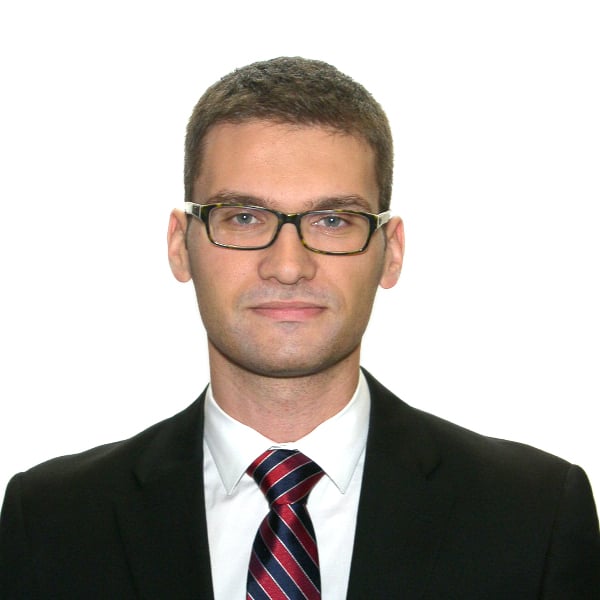
Each year the Endocrine Society recognizes endocrinologists who are in the early stages of their research careers by giving out the Early Investigator Awards. Endocrine News spoke to the five researchers from around the world to find out more about their award-winning research, the award’s potential impact, as well as how the COVID-19 pandemic has affected their research and their lives.
Much has been written about the impact of the global pandemic on science over the past year. There are, however, many stories of progress and breakthroughs in research that highlight the perseverance of scientists who soldiered on during 2020 to continue to impact the health and lives of global citizens. Five such endocrine researchers in the blossoming stages of their careers have been recognized with the Endocrine Society’s 2021 Early Investigator Award.
The winners are: Himanshu Arora, PhD, of the University of Miami in Coral Gables, Fla.; Ana Aulinas, MD, PhD, of the Hospital de Sant Pau in Barcelona, Spain; Athansisos Bikas, MD, PhD, of Brigham and Women’s Hospital in Boston; Juan Brito, MD, of the Mayo Clinic in Rochester, Minn.; and Manuel D. Gahete, PhD, of the University of Córdoba in Andalusia, Spain.
In part 3 of our 2021 Researchers Roundtable feature, here is our conversation with Athansisos Bikas, MD, PhD, of Brigham and Women’s Hospital in Boston.
Endocrine News: To get an idea of who comprises our “early investigators,” can you share at what stage you are in your fellowship or year as faculty?
Athansisos Bikas: I am currently a clinical and research fellow in endocrinology at the Brigham and Women’s Hospital/Harvard Medical School in Boston. I am completing my first year of fellowship.
EN: What inspired you to apply for the award?
Bikas: The Early Investigators Award is very prestigious. A lot of amazing researchers who I look up to have been awardees in the past, so I thought I should give it a try!
“After the first wave of the pandemic, we were seeing patients that were sicker from their underlying diseases because they did not (or could not) come to the doctor. Research-wise, our translational work was affected as we could not go to the lab. Hopefully we will not have to deal with another pandemic for the next 100 years!” – Athansisos Bikas, MD, PhD, Brigham and Women’s Hospital, Boston, Mass.
EN: Please explain your research in a few sentences.
Bikas: My research has mainly focused on thyroid cancer. With the guidance of my amazing mentors, I have conducted both clinical and translational studies. Our translational studies have focused on exploration of alternative agents (i.e., Metformin, Nelfinavir, Mitotane) for the treatment of thyroid cancer. An exciting component of our work has been targeting the thyroid cancer cell metabolism.
From the clinical standpoint, we have done several studies on radioactive iodine, and a clinical trial of a tyrosine kinase inhibitor in advanced thyroid cancer. I would like to take this opportunity to thank my mentors for everything: Drs. Kenneth Burman, Leonard Wartofsky, Vasyl Vasko, Kirk Jensen, Douglas Van Nostrand (and also a wonderful team of people I have worked with over the years) in Washington D.C., as well as my new research team in Boston, Drs. Erik Alexander, Inigo Landa, and Anand Vaidya, among others.
EN: What have been the biggest challenges of doing your work during the pandemic?
Bikas: This past year has been extremely difficult for everyone. However, I am grateful for having the opportunity to care for patients with COVID-19 (and other diseases) during this time. From the clinical standpoint, our everyday practice shifted and we had to focus more on treating COVID-19 patients. Also, after the first wave of the pandemic, we were seeing patients that were sicker from their underlying diseases because they did not (or could not) come to the doctor. Research-wise, our translational work was affected as we could not go to the lab. Hopefully we will not have to deal with another pandemic for the next 100 years!
EN: How do you hope winning the Early Investigator Award will help support your goals as an endocrine scientist?
Bikas: I hope that it will help with future scientific collaborations. Also, it is definitely going to be very helpful in the advancement of my career as a physician-scientist.
Fauntleroy Shaw is freelance writer based in Carmel, Ind. She authors the monthly Laboratory Notes for Endocrine News.

